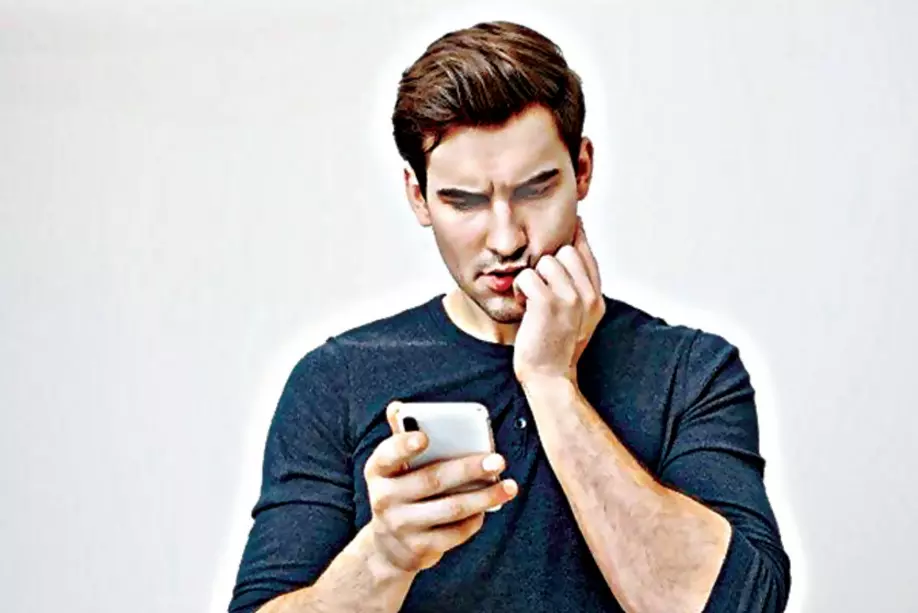
Before we walk out the door there are four essential things that we can’t live without, Phone, keys, wallet… power bank? For many city dwellers today, that last item is just as crucial as the others. A dead phone is no good – you are stranded without GPS, no calls or messages, no payments— a complete cut off from the digital world. This modern condition, dubbed power anxiety, reflects how deeply our lives have fused with our devices, and how much we fear being disconnected.
24×7 Connectivity
Smartphones are more than just a device, they are calendars, maps, e-wallets, health trackers, social lifelines, and identity proof all in one. This deep integration into daily routines means battery life has become a form of social security, and without charge, it feels like everything could be at risk… even your safety.
“Even if I’m going out for an hour, I always check if my phone is fully charged and carry a power bank, just in case,” says Natasha D’Souza, (28), a marketing professional from Benga-luru. “I once got stuck in traffic for hours with a dead phone and no way to call for help. Since then, I never leave without backup.”
According to a recent study, over 60% of urban smartphone users experience some form of power anxiety—feeling stressed or anxious when their battery drops below 20%. This anxiety is especially high among young professionals, travellers, and people who rely heavily on ride-hailing, online payments, or remote work.
“Phone battery is now like petrol in your car,” says Dr. Disha Menon, a psychologist based in Mumbai. “Running low causes the same panic. It’s not just about losing power—it’s about losing access to your world.”
Chagrins Charging
There was a time when people carried pens, books, notepads, earphones, tiffin, lipgloss, pepper spray in handbags. Today, people carry power banks, extra chargers, and multipurpose adapters. The power bank is a MUST item when travelling. Some come with built-in cords, wireless charging pads, or even solar panels for the eco-conscious.
Travel bags now have kept pace up with demands, there are bags now that have built-in USB charging ports or compartments specifically designed for gadgets. “Our best-selling office backpack has a hidden power bank pouch with a charging slot,” says Shubham Jain, product manager. “Customers now look for bags that ‘work smart’, not just look good.”
Krystle Mathias, a blogger states. “A dead phone means I can’t shoot, post, or even navigate. My bag has to match my charger.” Fashion designers are taking note of this. The rise of techwear clothing trends that combine style with utility– charging solutions have become parts of the outfits. Jackets with solar-charging panels, cross-body bags with USB access, and even smart belts that hold cables discreetly are emerging in urban fashion.
Social & Emotional Toll
For many, a charged phone means everything. An escape during awkward train journeys, a map when you are lost, a wallet when you need to pay for something, or a hotline for any emergency. But when the battery icon flashes red, the safety net begins to fray. “Our phone is our tether to safety, especially for women or people in unfamiliar places,” says Dr. Menon. “Losing charge can feel like being stranded in the dark, even in a crowded city.”
This has also affected daily lifestyle. People choose cafes with charging spots, airports, and co-working spaces offer free charging stations. To meet this rising demand, tech companies are doubling down on battery-friendly innovations. New phones now offer fast-charging technology that can go from 0 to 50% in under 15 minutes. Wearable tech, such as smartwatches, offers notifications without draining phone power. And battery-optimizing apps now help users monitor and extend charge throughout the day.
Reframing the Relationship
“Power anxiety is real, but it’s also a wake-up call,” says Dr. Menon. “When a drained battery causes panic, it’s a sign that we might need to re-examine our digital boundaries.”
Maybe a possible small but growing movement of going phone-free for a day, whether it’s during meals, walks, or pre-bed routines— it offers a healthy habit to rebuild comfort with short disconnection. Power anxiety may sound like a first-world problem, but it reflects a real cultural shift. So, the next time you leave the house, it’s perfectly normal to double-check your phone’s battery, grab your charger, and make sure your power bank is full. In this plugged-in world, staying charged is more than just convenience—it’s peace of mind.



